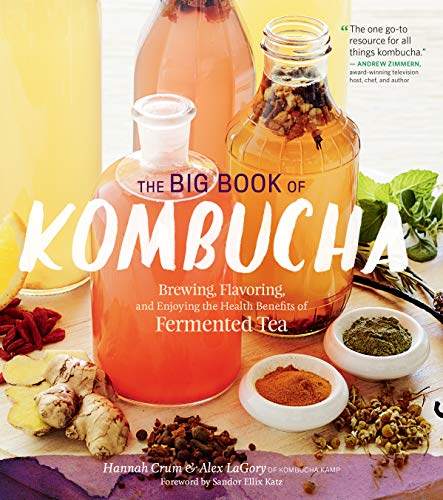Neil Whittaker
Well-Known Member
- Joined
- Oct 13, 2019
- Messages
- 176
- Reaction score
- 108
I keg most of my beer, but need to bottle for sharing with friends and taking to home brew club.
After research, I decided that it was plastic bottles was for me. I own a pressure fermenter (fermizlla), and use a carbonation cap to fill the bottles, effectively like each one is a mini keg. Never owned a beer syphon in my life. Love NEIPA's and mine store very well in my coopers bottles.
What i'm trying to get at is; look at your current equipment, also where you see yourself in 1 years time and use that info to guide your choice.
After research, I decided that it was plastic bottles was for me. I own a pressure fermenter (fermizlla), and use a carbonation cap to fill the bottles, effectively like each one is a mini keg. Never owned a beer syphon in my life. Love NEIPA's and mine store very well in my coopers bottles.
What i'm trying to get at is; look at your current equipment, also where you see yourself in 1 years time and use that info to guide your choice.










































